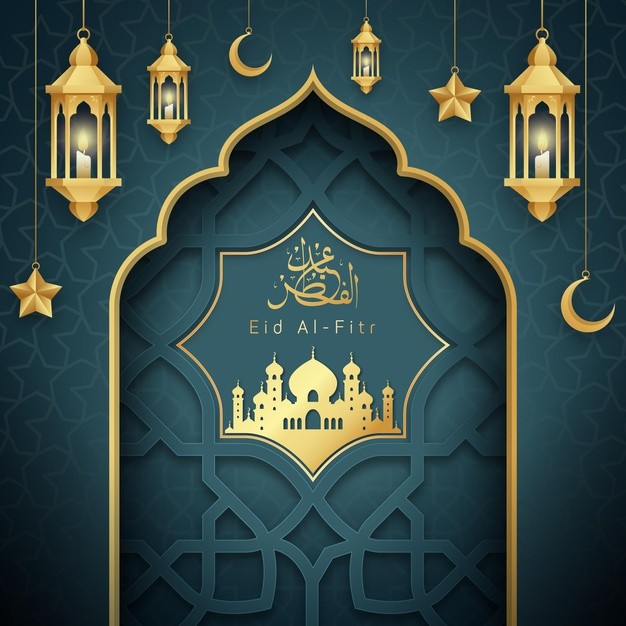Eid al Fitr, one of the most anticipated festivals in the Islamic calendar, marks the end of Ramadan, the holy month of fasting, prayer, and reflection for Muslims worldwide. This auspicious occasion holds profound significance, serving as a joyous culmination of a month-long spiritual journey and a time for celebration, gratitude, and renewal.
For Muslims, Ramadan is a period of intense devotion and self-discipline, during which they fast from dawn to sunset, abstaining not only from food and drink but also from negative thoughts and actions. Through fasting, prayer, and acts of charity, believers seek to purify their souls, strengthen their connection with Allah, and cultivate empathy for those less fortunate.
As Ramadan draws to a close, the arrival of Eid ul Fitr heralds a time of jubilation and festivity. The day begins with a special prayer known as the Eid Salah, performed in congregation at mosques or open prayer grounds. This communal act of worship brings together Muslims from all walks of life, reinforcing the bonds of brotherhood and unity within the community.
Following the Eid prayer, families gather to exchange greetings and embrace one another, spreading messages of love, forgiveness, and goodwill. Homes are adorned with decorations, and sumptuous feasts are prepared, featuring an array of traditional dishes and sweets. It is a time for indulgence and generosity, as people share their blessings with friends, neighbors, and the less fortunate through acts of charity and hospitality.
Celebrations during Eid ul Fitr are marked by various customs and traditions, reflecting the rich diversity of Muslim cultures across the globe. In Pakistan, the day begins with a special prayer known as the Eid prayer, offered in large congregations at mosques or open prayer grounds. Families gather to exchange greetings, share festive meals, and indulge in sweet treats like sheer khurma and seviyan.
In India, Eid ul Fitr is celebrated with similar fervor, with families coming together to partake in traditional rituals and feasts. Homes are adorned with decorations, and children receive gifts and money, known as “Eidi,” from elders. The spirit of generosity extends beyond individual households, as Muslims also engage in acts of charity by giving alms to the less fortunate.
Across Asia, Eid ul Fitr is observed with great enthusiasm, albeit with regional variations in customs and festivities. Markets bustle with shoppers purchasing new clothes and gifts, while streets come alive with colorful decorations and vibrant displays. The atmosphere is one of joy and merriment, as people rejoice in the blessings of faith, family, and community.
Moreover, Eid ul Fitr holds cultural significance beyond religious observance, with customs and traditions varying from region to region. In some countries, it is customary for children to receive gifts and money, known as “Eidi,” from elders as a token of love and blessings. Markets buzz with activity as people shop for new clothes and festive essentials, adding to the vibrant atmosphere of celebration.
Ultimately, Eid al Fitr serves as a reminder of the values of compassion, gratitude, and community that lie at the heart of Islam. It is a time for reflection on the blessings of faith, family, and friendship, and a moment to renew one’s commitment to righteousness and virtue in the days ahead. As Muslims around the world come together to celebrate Eid al Fitr, they not only rejoice in the completion of Ramadan but also embrace the spirit of unity, generosity, and peace that defines this sacred occasion.

